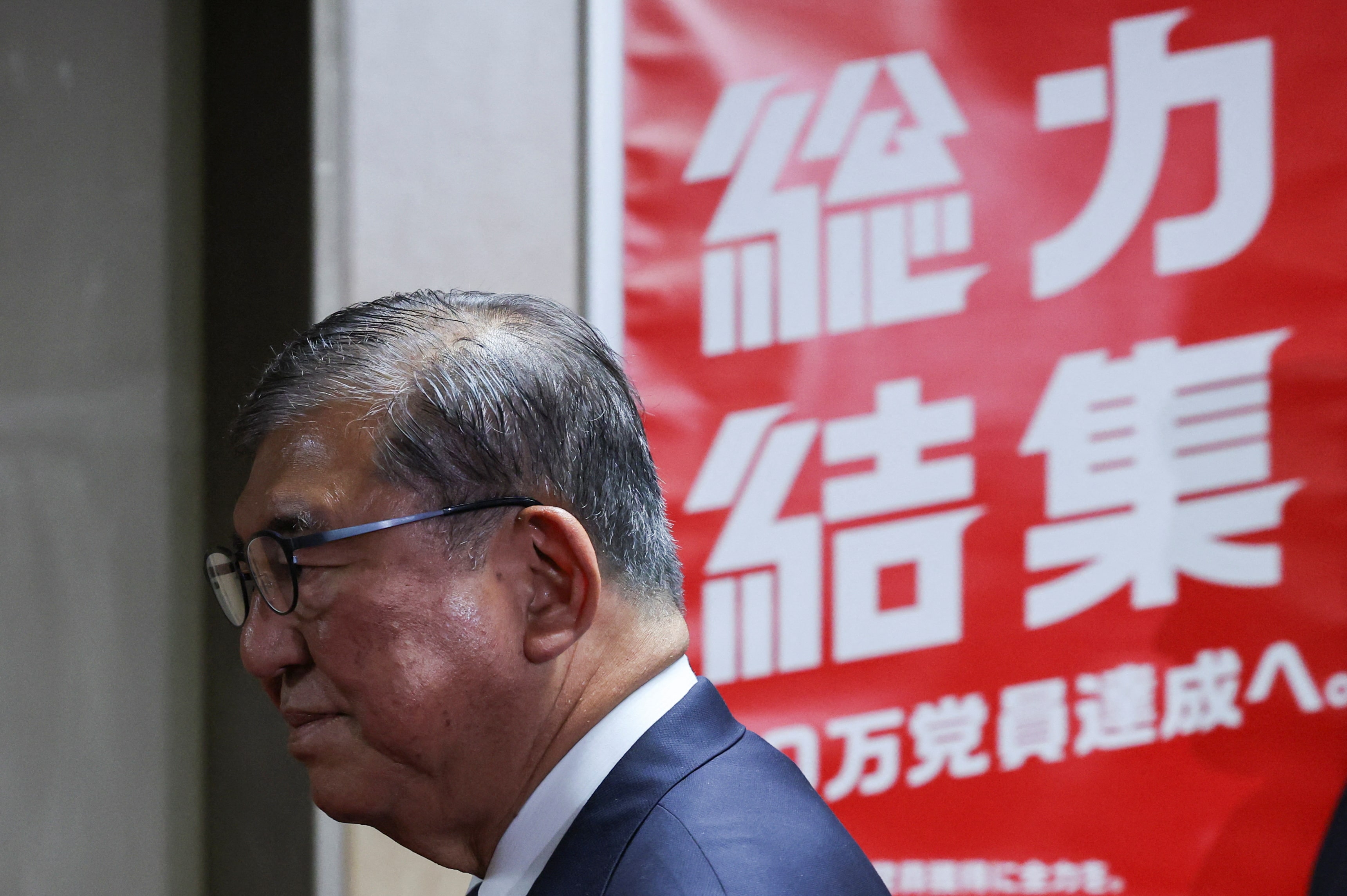The Liberal Democratic Party (LDP) in Japan is moving ahead with full-scale elections to select their next party leader, a position of significant influence due to LDP's traditional dominance in government. Although the date of the election is undisclosed, it is expected to be a prime opportunity for contenders to reshape and define the vision of the ruling party moving forward. The election will determine the successor to incumbent party President and Prime Minister Suga Yoshihide, who recently announced his intentions not to seek re-election.
In Japan, the leader of the ruling party is generally accepted as the Prime Minister. Therefore, this decision concerning internal party dynamics has far-ranging consequences for the country's political landscape. The Japanese public closely watches these elections, with potential impacts on policy direction, economic management, as well as diplomatic relations.
Similar to how leadership transitions in the United States or European Union can herald significant policy changes, the same is often true for Japan. However, unlike in the US where the President is directly elected by the populace, or in the EU where leaders are elected by their respective nations, Japan's Prime Minister is generally the leader of the majority party in the legislature.

